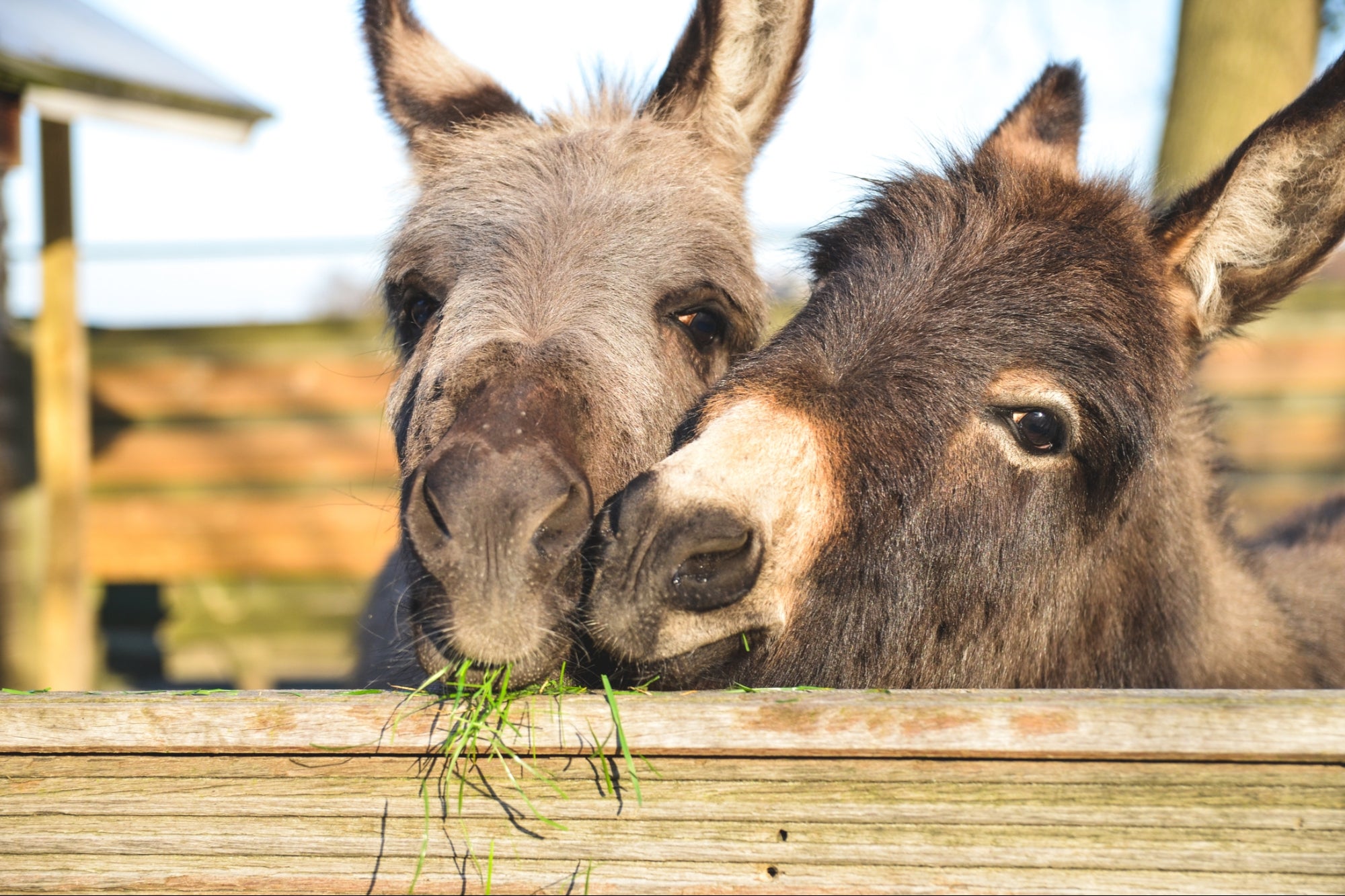
Opinions expressed by Entrepreneur contributors are their own.
Donkeys shouldn’t do dabs, according to a new study. Why are scientists studying the effect of weed on donkeys? Call it an unhappy accident. After two donkeys in Kanasa were fed cannabis buds, they became depressed and lethargic. Local veterinarians suspected the donkeys were victims of a suspected case of marijuana toxicosis. They studied plasma samples from the animals during the time they were high— a period that lasted for more than a day — found the animals suffered from a variety of symptoms, including problems with coordination and a rapid heartbeat.
The bottom line from the study: It’s a bad idea to give cannabis to a donkey. Or any animal. It’s also just as important as not pooping where dogs can eat it if you’ve used cannabis, something scientists in Australia warned people about last year after discovering a “novel and unexpected source” for marijuana toxicosis in dogs.
RELATED: What Do Pet Owners Really Think about Pet CBD Products?
Depressed donkeys
The study on the donkeys is published in the Journal of Veterinary Diagnostic Investigation, with the lead researchers coming from Kansas State University and Cornell University. The case involved a 20-year-old male donkey (called a jack) and an eight-year-old female donkey (called a jenny). Both are of the American Mammoth donkey species, and both had ingested cannabis bud intended for human use.
According to the study, “Both cases were presented because of depression and lethargy.” The jenny had other symptoms, as well. They included ataxia (difficulty with coordination), mild colic, tachycardia (rapid heart rate), tachypnea (increased rate of breathing) and decreased tongue tone.
A plasma sample from the jenny came to Kansas State University, while one from the jack went to Cornell. Both detected THC. Both the jack and the jenny also continued to show signs of marijuana intoxication 24 to 36 hours after ingestion. Those signs, in addition to the ones listed above, also included mild-to-moderate neurologic deficits.
RELATED: What Veterinarians Really Think About CBD For Pets
The donkey case might lead to better tests for marijuana toxicity.
Within 24 hours after their symptoms reached their peak, both donkeys fully recovered.
In both cases, researchers screened for cannabinoids by using high-pressure liquid chromatography coupled with tandem mass spectroscopy. The study authors wrote that their work showed “utilizing a cannabinoid screening assay in collaboration with a veterinary diagnostic laboratory may be useful when an equine practitioner suspects marijuana toxicosis in a patient.”
Of course, the best solution is to keep donkeys (and other animals) away from cannabis. Don’t feed any animal something that hasn’t been cleared as safe for consumption by the animal. While safe CBD products for pets are available on the market, that’s not the same as cannabis plants containing THC and grown for use by humans. Unfortunately, donkeys and dogs (and the people around them) are having to learn this the hard way.
To stay up to date on the latest marijuana-related news, make sure to like dispensaries.com on Facebook.







